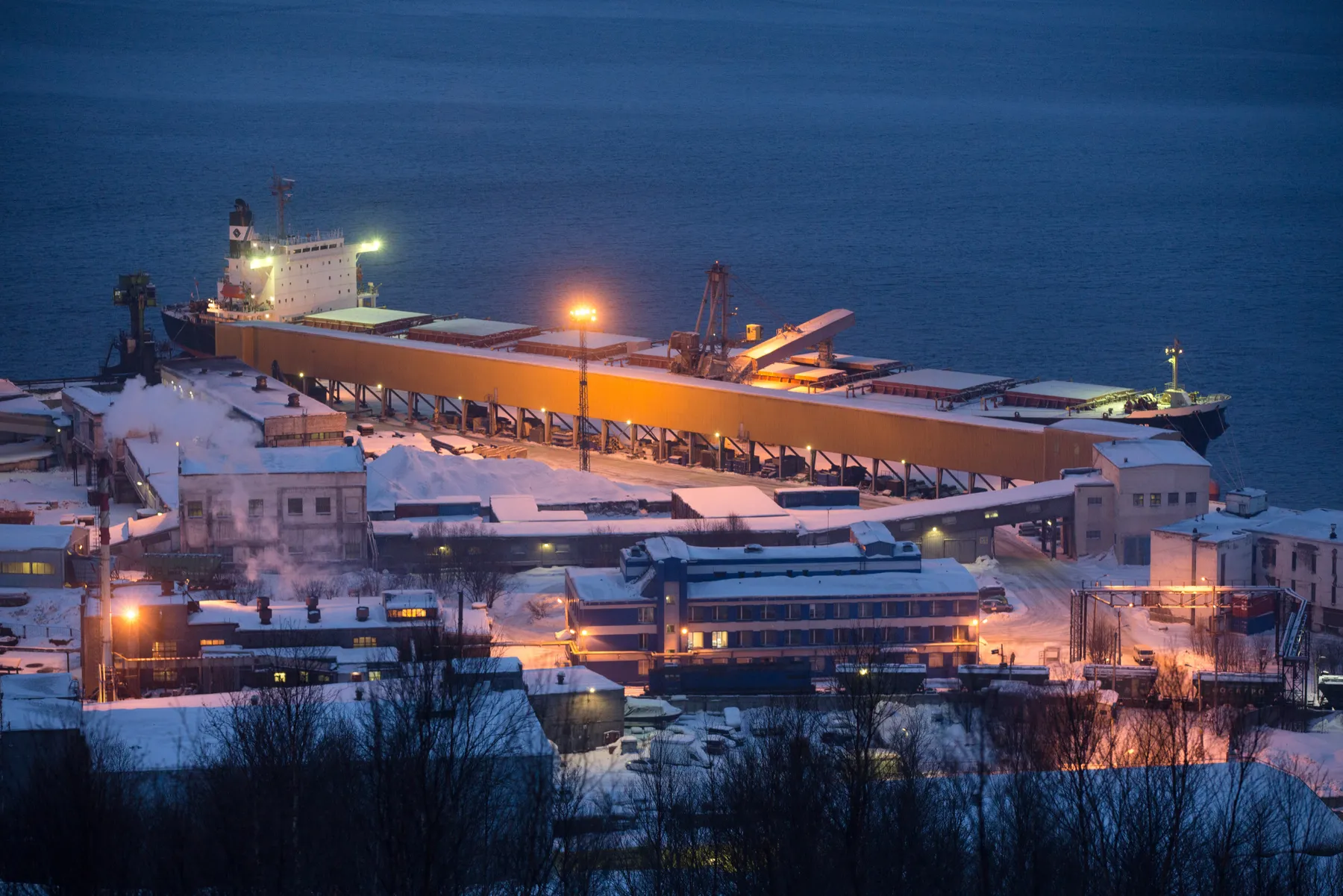Vladimir Putin has signed a new decree significantly tightening the rules for foreign vessels entering Russian ports. Starting July 21, any such entry will only be allowed with permission from the port captain and mandatory approval from the Federal Security Service (FSB). This was reported by Bloomberg, citing the presidential decree published on Monday.
New Rules in Response to Explosions
According to Bloomberg, the decision comes in response to a series of mysterious explosions on oil and oil-product tankers that had docked at Russian ports. Previously, FSB approval was only required when a ship entered a port located near a naval base.
Now, under Russia’s martial law framework, all ships arriving from foreign terminals must undergo additional inspection, including by security services.
Russia’s Security Council — a key advisory body to the Kremlin — had earlier recommended bolstering port security in light of these unexplained incidents.
Tanker That Exploded Off Libya Had Docked in Ust-Luga and Novorossiysk
As Bloomberg reports, the latest such incident occurred less than a month ago near the coast of Libya: an oil tanker exploded after previously docking at the Baltic port of Ust-Luga and a terminal near the Black Sea port of Novorossiysk. The cause of the blast remains unknown.
In the aftermath, shipping companies began deploying divers and underwater drones to inspect hulls for possible mines or explosives — particularly after visits to Russian ports.
Russian authorities also responded. Earlier this month, the nation’s main port agency announced a public tender for underwater hull inspections in Baltic ports. According to Bloomberg, up to 3.16 billion rubles (around $40.4 million) has been earmarked for this purpose.
“High Probability of a State Actor Behind the Attacks”
British maritime security firm Ambrey had already noted in March that a state actor was likely behind the explosions:
“It is highly likely that a state actor has targeted crude oil/oil products tankers calling Russia,” the company stated in its report.
Since the beginning of Moscow’s full-scale invasion, Ukraine has actively targeted Russian energy infrastructure. Russia, in turn, has repeatedly struck Ukraine’s energy facilities. Both sides are engaged in a war of attrition over each other’s sources of revenue.
FSB Involvement Signals a New Phase of the Conflict
The FSB’s growing role in monitoring maritime traffic reflects the Kremlin’s increased concern over the vulnerability of its infrastructure. If port security was previously more of a formality, it is now becoming an active domain of intelligence operations.
According to Bloomberg, Putin’s decree marks a new phase in the militarization of port management and may signal broader measures to restrict Russia’s maritime ties with the outside world.
This article was prepared based on materials published by Bloomberg. The author does not claim authorship of the original text but presents their interpretation of the content for informational purposes.
The original article can be found at the following link: Bloomberg.
All rights to the original text belong to Bloomberg.


















